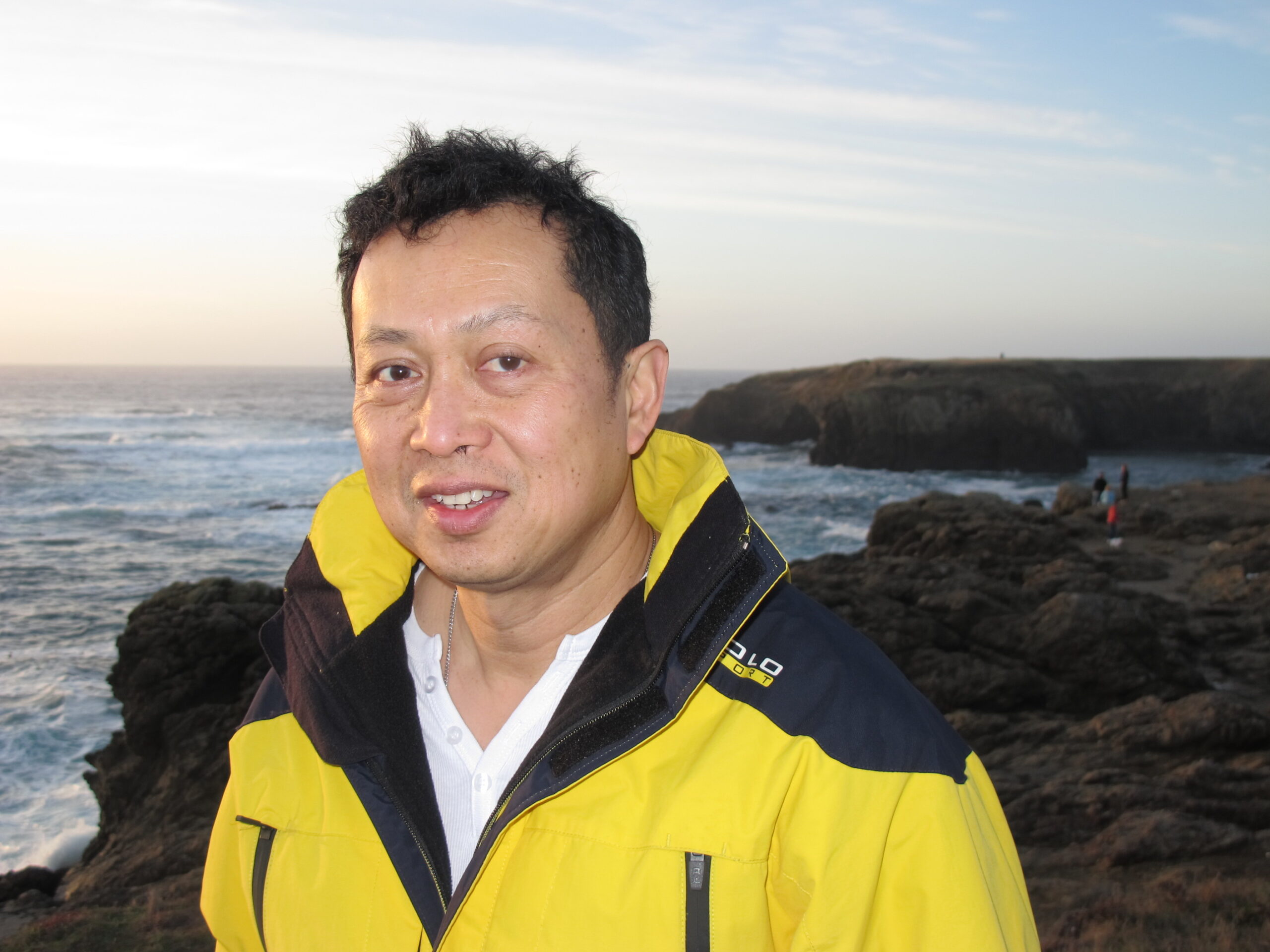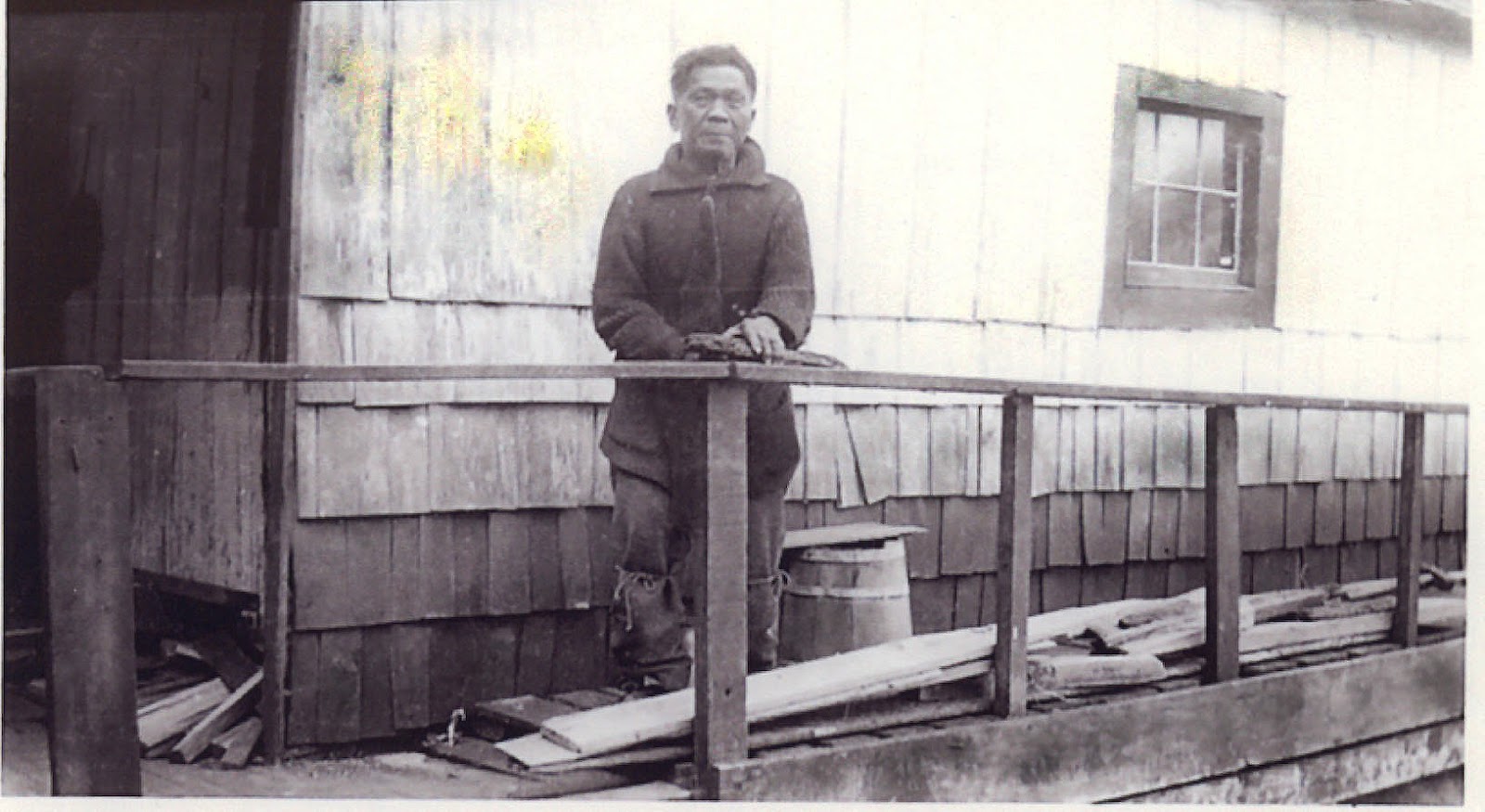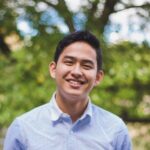Nestled in a quiet library in a tiny British Columbia Island, inside an obscure book, contained within just one brief line on page 36, rests a small but significant rewrite of history. In just 13 words, Irene Howard’s Bowen Island 1872 – 1972 contradicts what has, until recently, been the long-accepted history of Canada’s first Filipino immigrants.
It had been previously established that the first documented Filipinos arrived in Canada in 1931. Howard, however, would stretch that back to 1898 by casually mentioning the arrival of new settlers to Bowen Island, a tiny island municipality six kilometres wide by 12 kilometres long, with the island at its closest point about three kilometres west of Vancouver.
“From the Philippines,” it reads: “Benson, Matilda and William Flores (DL 1426), the men beachcombers and fishermen.”
Serendipity
The discovery was as serendipitous as the book was obscure.
Filipino journalist and radio host, Joseph Lopez, first heard of Bowen Island in 2011 while on a bus in downtown Vancouver, where he overheard a random conversation about what a great place Mount Gardner was to hike.

“So, I said, ‘let me spend the weekend [in Bowen Island],'” Lopez told New Canadian Media in a phone interview. “And when I landed there, I went to the library, because it’s right there by the ferry dock, and I wanted to know more about the place.”
What started out as a quick weekend trip off the mainland became a decade-long deep dive into the history of Canada’s first Filipino immigrants’ that involved multiple meetings with historians, sporadic visits to local libraries, and considerable amounts of time combing through census archives.
After stumbling upon Howard’s book, Lopez began to search through everything he could find to piece together Flores’ life in B.C.
“I was struck by the fact that the first Filipino happens to be very well documented,” Lopez says. “He had a picture. There were audio recordings about him. He was written into a book. It happens to be great serendipity to have all this information about Benson Flores.”
“Many avenues” later – including several visits to the Island’s archives, requests for information from the Vancouver Public Library, Langara College, UBC, and to the Royal BC Museum, as well as interviews with several authors – Lopez felt he was ready to tell Flores’ tale.
A strapping young man
Based on anecdotes in Howard’s book, Benson Flores lived in a floating house in a community known as Snug Cove and made money as a beachcomber, fisherman, and trapper. He was likely the first person to provide boat rental services on Bowen Island. Flores liked to play the concertina and enjoyed singing.
But Howard’s book didn’t indicate when Flores or the family mentioned on page 36 first arrived in Canada. Information from the 1911 census and an audio recording from a neighbour who knew Benson helped Lopez fill in those gaps.
According to the census, Flores was born in the Philippines in 1846 and immigrated to Canada in 1861.
Lopez believes that Flores “was probably a strapping 15-year-old when he landed, most likely as a young seaman for a foreign vessel docking in Vancouver.”
In an audio recording preserved by the Bowen Island Community Museum and Archives, Benson’s neighbour, George Dorman, describes him as his “greatest friend.”
“[Flores] would share, share, and share alike – in the work we did together. He was a really good person. He knew people before they even came to Bowen Island,” a confirmed transcript of Dorman by the Museum reads.
“As far as I know, he was a Filipino – from the Philippine Islands. He was a fisherman. It used to be that they came on these old windjammers and they would get up here and see our beautiful country and they would start fishing.”
Flores passed away on April 11, 1929, at the Vancouver General Hospital and was buried in an unmarked grave in Mountain View Cemetery. He was 82 years old.
Matilda and William, the other two members of the Flores family notably mentioned in Howard’s book, were incorrectly inputted by the author, according to Lopez. The 1911 census indicates that Benson was a bachelor throughout his life, and a witness to Benson’s death attested that he was unmarried and had no next of kin in B.C.
The 1901 census, however, reveals that a man by the name of William Matilda lived in B.C. around the same time as Flores. Matilda was a fisherman that had immigrated to Canada from the Philippines in 1875 and was likely the person that Howard meant to mention in her book, Lopez says.
A true history
Lopez recently outlined his lengthy journey to find Flores in a four-part series on CanadianFilipino.Net. His research is a significant re-write of Filipino-Canadian history and a remarkable feat of journalistic curiosity.
“The objective, of course, was to present the facts. Who really was here?” Lopez says. “I realized that Irene Howard made some inaccurate descriptions in her book. So I began to be more aware of the idiosyncrasies because a lot of this was handed down, oral information.”
The record, as far as we know, has been set straight. Filipino immigrants planted their roots and settled in Canada as far back as the 1860s. And despite exclusionary immigration policies that actively discriminated against other Asian immigrants, men like Benson Flores were able to make Canada their home.
These migrants, previously lost to history, can now be recognized for their crucial contributions to todays Canadian-Filipino diaspora.
“Why does it matter to know who the first Filipino is? It’s our heritage,” Lopez says.
“It gives us a sense of identity and pride knowing that the very first Filipinos were hardworking people and were well accepted in the community.”
Alec Regino is a freelance journalist based in Vancouver, BC. He was a Reporting Fellow for the Pulitzer Center on Crisis Reporting in 2021.





